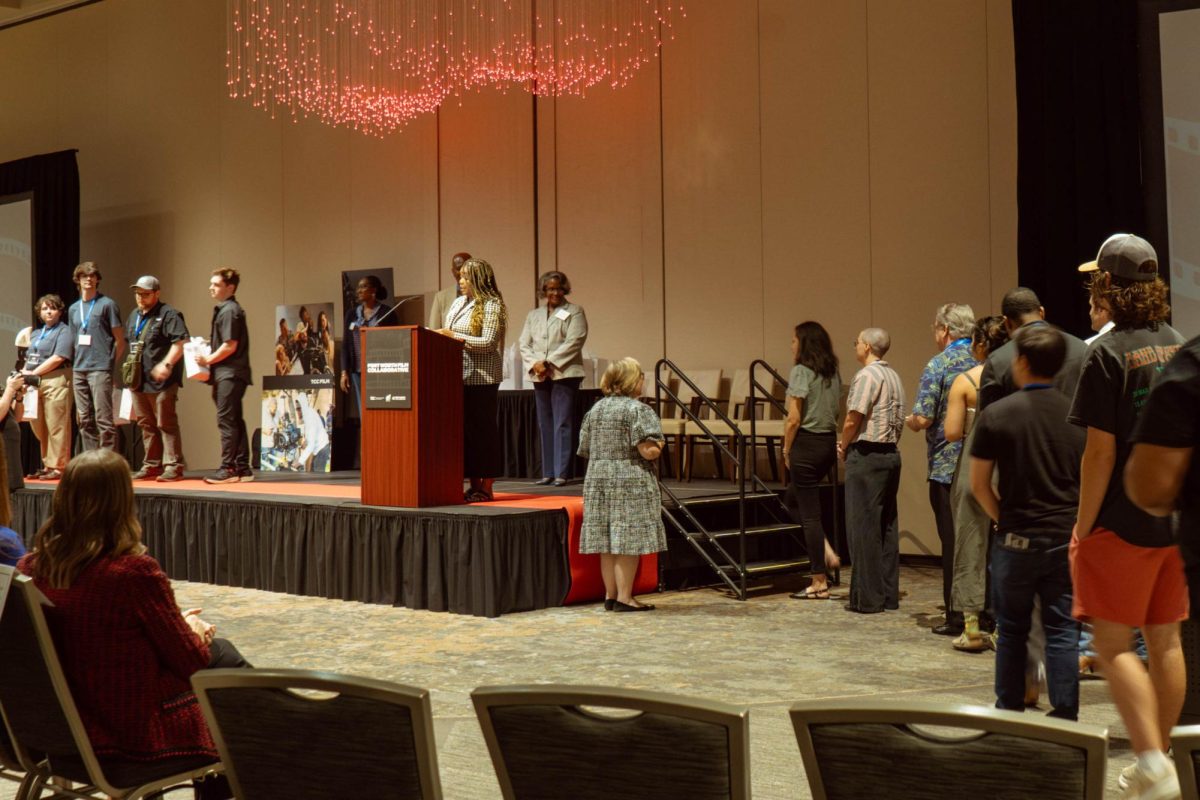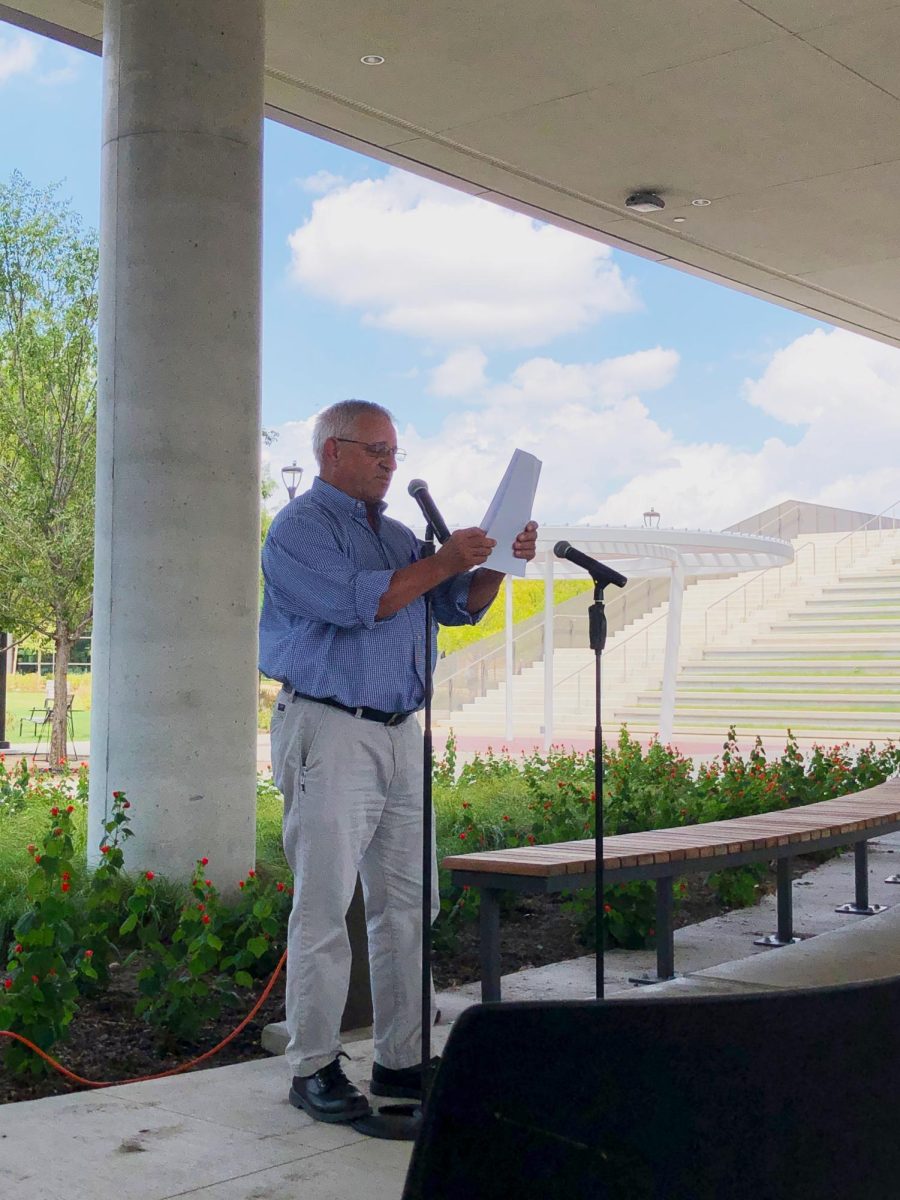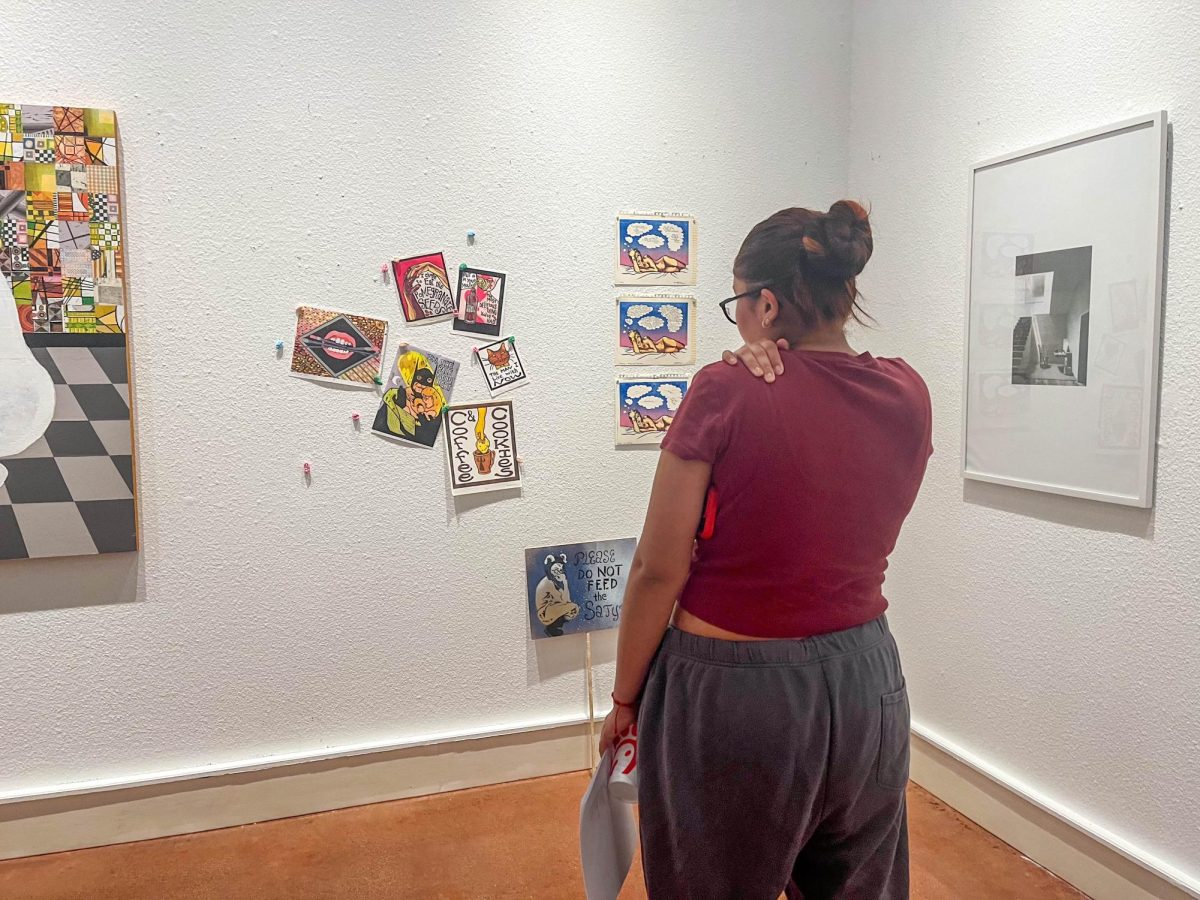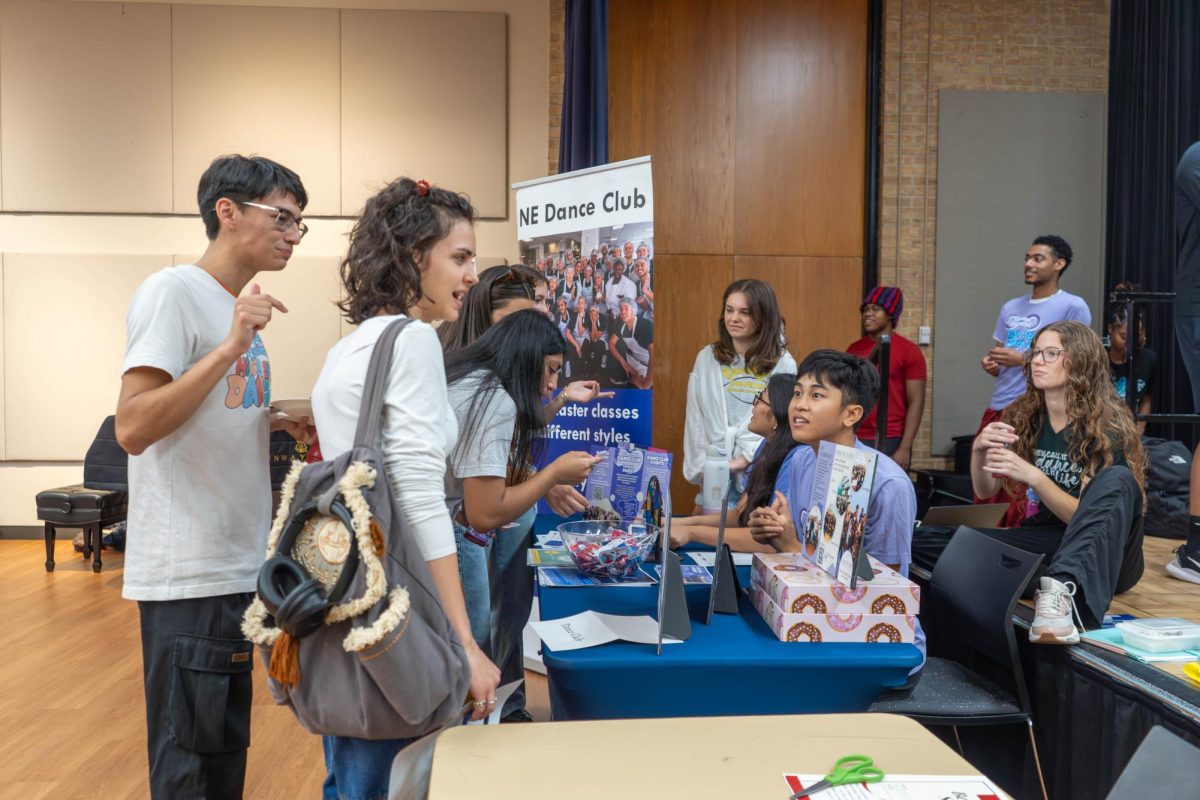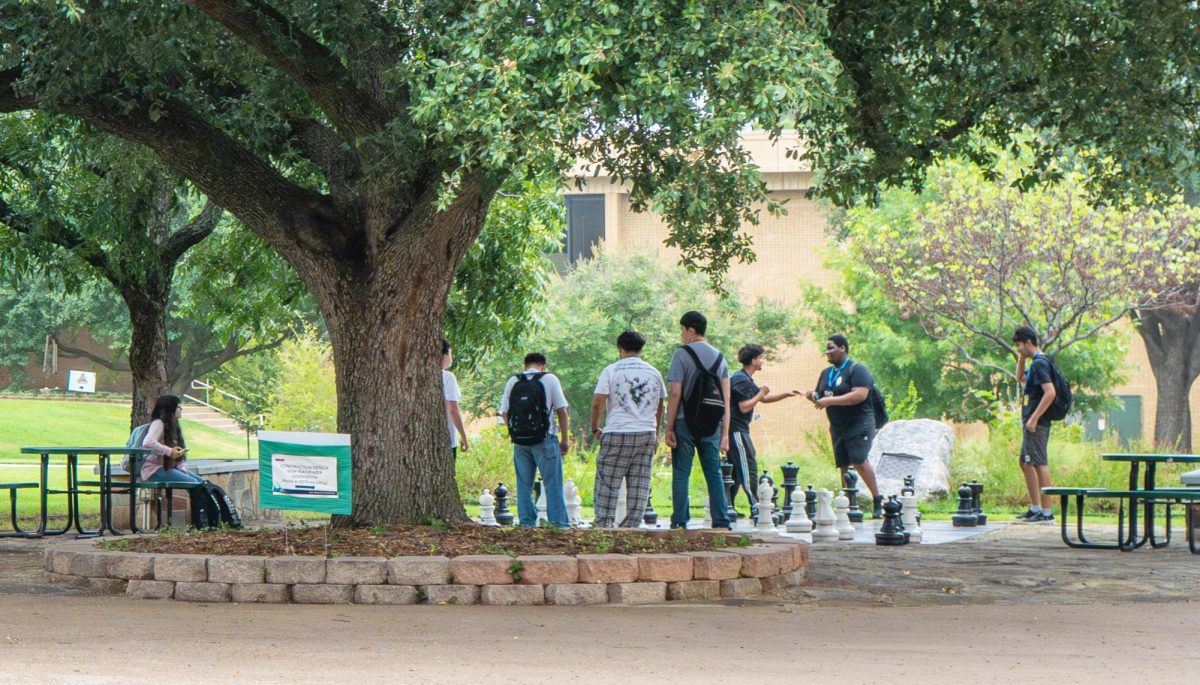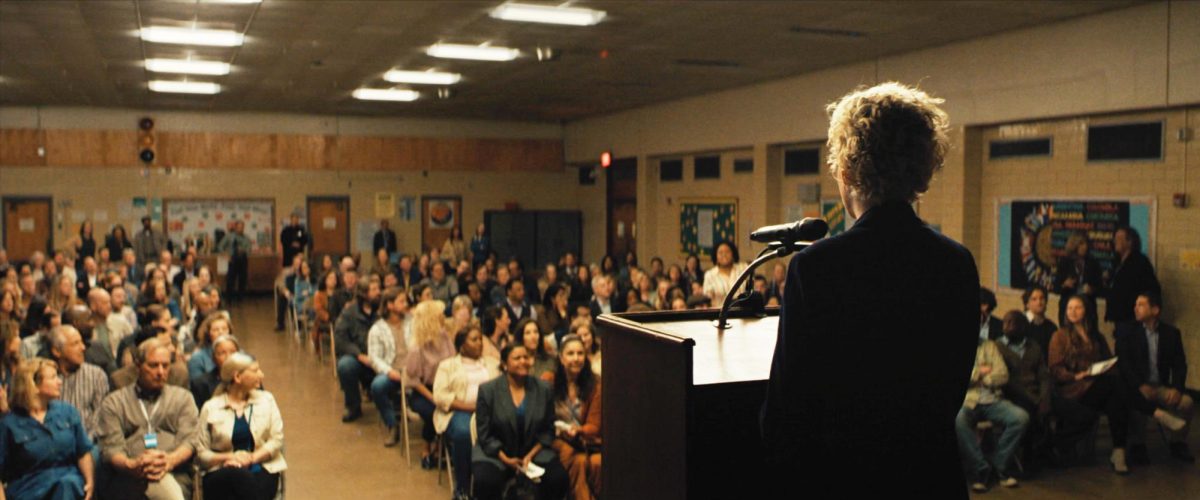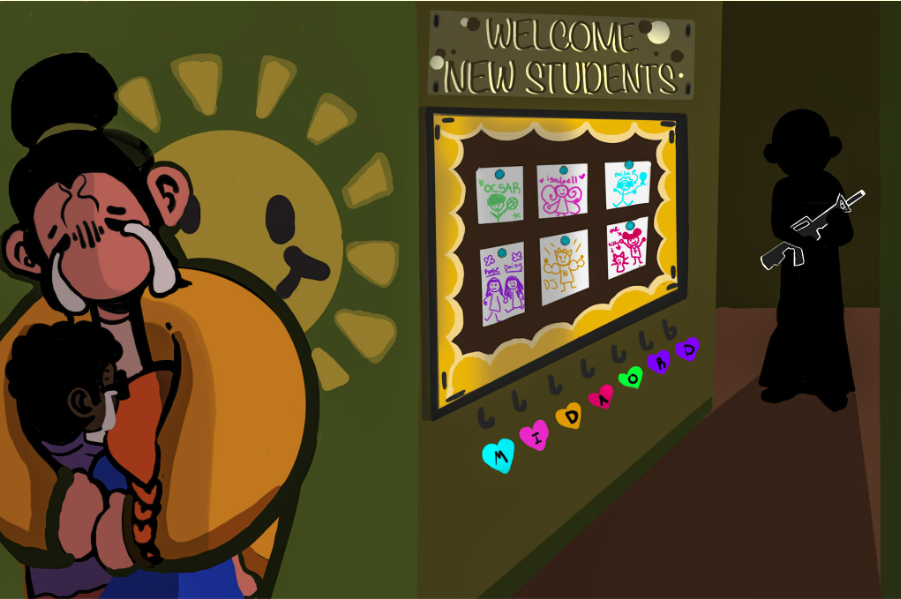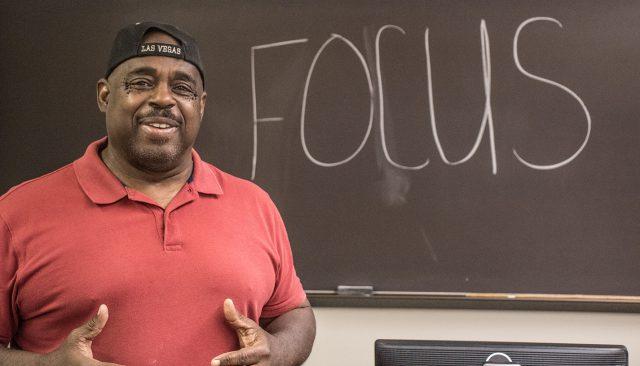By Michael Foster-Sanders/campus editor
NE Campus sociology professor Murray Fortner was selected as one of 10 recipients for the Piper Professor Award, which goes to outstanding teachers from colleges in Texas.
The award recognizes professors for outstanding academic, scientific and scholarly achievement and for dedication to the teaching profession.
Fortner, who students call “Coach” due to his sports-like teaching mentality, considers students his team, and he gives them the tools to achieve success.
“I think, for me, sports is a metaphor about life,” he said. “The objective is completion, is success, and I think that all coaches are good teachers, and all teachers should be good coaches. So beyond the warehouse of knowledge that teachers bring, we should understand the personality of each student and the importance of having the ability to motivate these students like good coaches do.”
Fortner spoke about creating an environment in the classroom that has energy but is also contained and controlled.
“I don’t like a classroom that is stoic,” he said. “I don’t like a classroom that is dependent on PowerPoint. Rather than be dependent on PowerPoint, I’d rather make powerful points.”
NE student Logan Kane said he’s attended other sociology classes, and none could compare to Fortner’s.
“Honestly, there is not that many people in the world who can affect change in the people that they’re around,” he said. “He’s expanded my mind, helped me think about things from a different perspective, and he helped me realize that a lot of my preconceived notions are not right or wrong, but they should be challenged so we can think differently.”
Fortner wants students to move beyond talking about problems and move toward solving them.
“We’re going to sit in this classroom and learn terms and discuss concepts with the value of exchange that won’t be measured until you get outside,” Fortner said. “I’m hoping that you will have a better understanding on how society works because people who have a better understanding are less likely to be exploited.”

